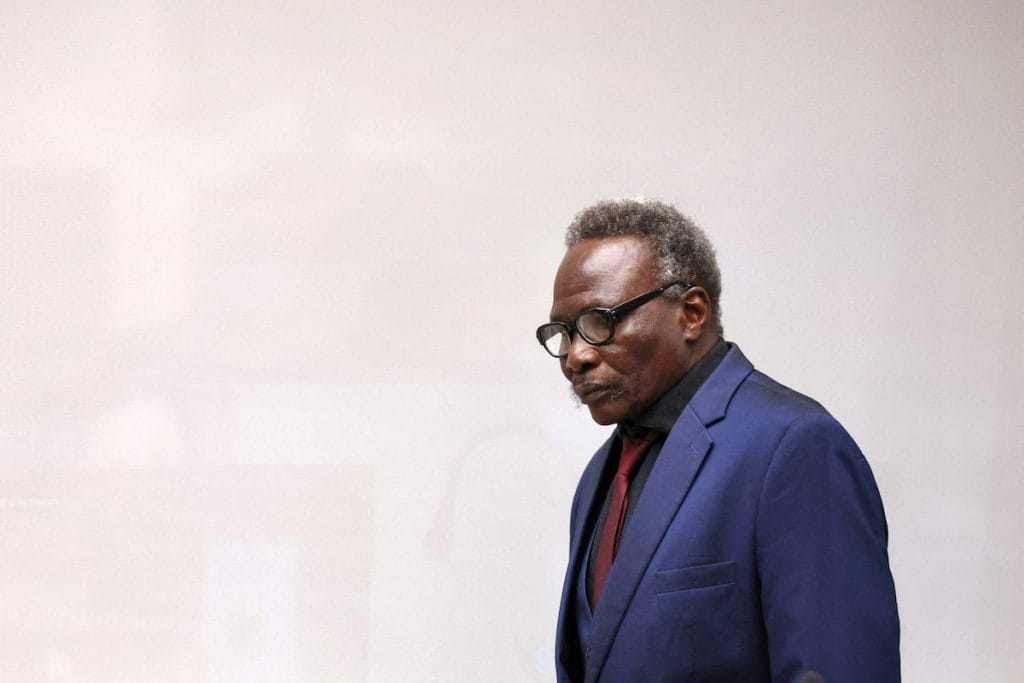Prosecutor Julian Nicholls told judges during a special sentencing hearing that Abd-Al-Rahman was responsible for “murder, torture and mass atrocities,” adding that witnesses had described him killing two people with an axe during attacks in Darfur more than 20 years ago.
Abd-Al-Rahman, 76, was convicted in October on 27 counts of war crimes and crimes against humanity, including murder, torture, persecution and the orchestration of rape and other abuses by Janjaweed militias.
Defence seeks seven-year term
Defence lawyers, who earlier argued he was a victim of mistaken identity, are expected to submit their sentencing arguments later this week.
They have requested a maximum term of seven years, including credit for time already served — a sentence that could result in Abd-Al-Rahman’s release within months.
Background on Darfur conflict
The conflict in Darfur began in 2003 when non-Arab armed groups took up arms against the Sudanese government, accusing it of neglecting the region.
Khartoum responded by deploying the Janjaweed militias, whose campaign of violence — including attacks on villages, killings, and mass displacement — was described by the United States and rights groups as genocide.
In 2005, the UN Security Council referred the situation in Darfur to the ICC, marking one of the court’s most significant early cases.
New wave of violence
Sudan has faced renewed fighting since April 2023 between the Sudanese army and the Rapid Support Forces (RSF), a group widely seen as a successor to the Janjaweed.
Clashes have intensified around Darfur, particularly in al-Fashir, triggering ethnically-driven attacks and fresh displacement.



